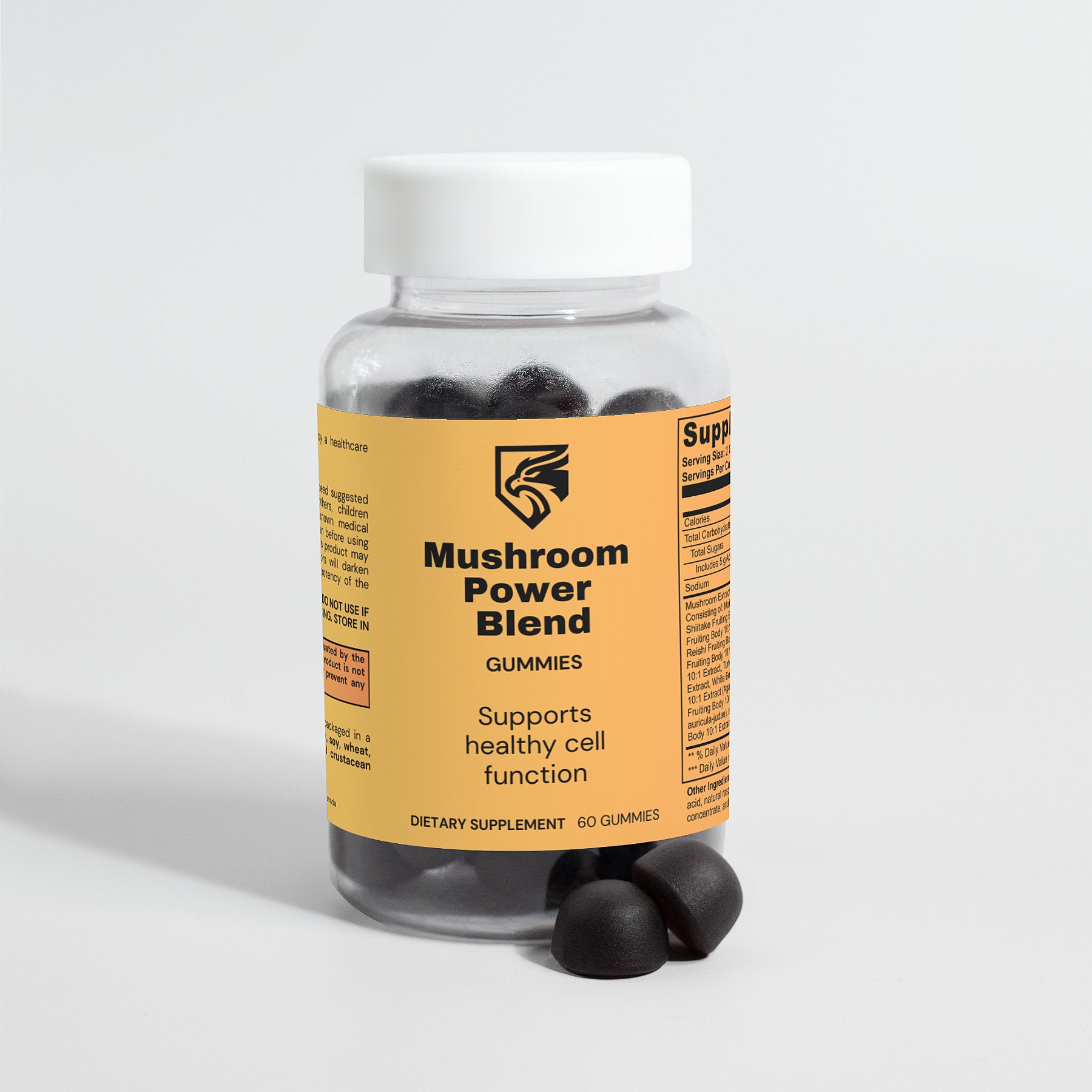Introduction: Adderall, a prescription stimulant commonly prescribed for attention deficit hyperactivity disorder (ADHD), has garnered attention not only for its cognitive-enhancing effects but also for its potential impact on male sex hormones. In recent years, concerns have emerged regarding the influence of Adderall on testosterone levels and its implications for male health. This article delves into the intricate relationship between Adderall use and male sex hormones, exploring the mechanisms, research findings, and potential consequences.
Understanding Adderall: Adderall is a central nervous system stimulant composed of amphetamine and dextroamphetamine. It is primarily prescribed to alleviate symptoms of ADHD, such as impulsivity, hyperactivity, and inattention. By increasing the levels of neurotransmitters like dopamine and norepinephrine in the brain, Adderall enhances focus, attention, and cognitive function. However, its stimulant properties extend beyond the brain, affecting various physiological processes throughout the body.
Adderall's Impact on Male Sex Hormones: Research suggests that Adderall may disrupt the delicate balance of male sex hormones, particularly testosterone. Testosterone plays a crucial role in male physiology, influencing aspects such as libido, muscle mass, bone density, and mood. While the exact mechanisms underlying Adderall's effects on testosterone are not fully understood, several potential pathways have been proposed.
-
Hypothalamus-Pituitary-Gonadal (HPG) Axis: The HPG axis regulates the production and secretion of testosterone in males. Adderall may interfere with this axis, disrupting the signaling cascade that stimulates testosterone synthesis. By altering neurotransmitter levels in the brain, Adderall could indirectly impact the release of gonadotropin-releasing hormone (GnRH) from the hypothalamus, subsequently affecting luteinizing hormone (LH) secretion from the pituitary gland and testosterone production in the testes.
-
Appetite Suppression and Weight Loss: One common side effect of Adderall is appetite suppression, leading to reduced food intake and subsequent weight loss. Testosterone is synthesized from cholesterol, and significant weight loss can disrupt the hormonal balance necessary for testosterone production. Rapid changes in body composition, especially when coupled with prolonged Adderall use, may contribute to decreased testosterone levels in males.
-
Stress and Sleep Disturbances: Adderall's stimulant properties can induce heightened arousal, increase stress levels, and disrupt sleep patterns. Chronic stress and inadequate sleep have been associated with lower testosterone levels in males. Additionally, disrupted sleep architecture and altered circadian rhythms may impair the nocturnal secretion of testosterone, further exacerbating hormonal imbalances.
Research Findings and Controversies: Studies investigating the relationship between Adderall use and testosterone levels have yielded conflicting results. While some research suggests a negative correlation between Adderall use and testosterone levels in males, other studies have failed to establish a definitive association. Factors such as dosage, duration of use, individual variability, and study design may contribute to the discrepancies observed in the literature.
A study published in the Journal of Clinical Psychopharmacology reported a significant decrease in testosterone levels among male participants following short-term Adderall administration. Conversely, a separate study published in Pharmacotherapy found no significant changes in testosterone levels among long-term Adderall users compared to non-users. These conflicting findings underscore the complexity of Adderall's effects on male sex hormones and highlight the need for further research.
Potential Consequences and Health Implications: The potential consequences of Adderall-induced alterations in male sex hormones extend beyond hormonal imbalances. Reduced testosterone levels may manifest as symptoms such as decreased libido, erectile dysfunction, fatigue, mood disturbances, and diminished muscle mass and strength. Moreover, long-term disruptions in testosterone production could predispose individuals to a range of health conditions, including osteoporosis, cardiovascular disease, and metabolic disorders.
Conclusion: In conclusion, Adderall's impact on male sex hormones is a multifaceted issue that warrants careful consideration. While research suggests a potential association between Adderall use and alterations in testosterone levels, the exact mechanisms and clinical significance remain subjects of ongoing investigation and debate. Healthcare professionals should be vigilant in monitoring the hormonal health of individuals prescribed Adderall, especially in the context of long-term use. Additionally, further research is needed to elucidate the complex interactions between Adderall, male sex hormones, and overall health outcomes. Ultimately, a comprehensive understanding of these relationships is essential for optimizing the therapeutic benefits of Adderall while minimizing potential risks to male hormonal health.







1 comment
YCXeSEtFai
USXrMfZkLRqYK
Leave a comment
All comments are moderated before being published.
This site is protected by hCaptcha and the hCaptcha Privacy Policy and Terms of Service apply.